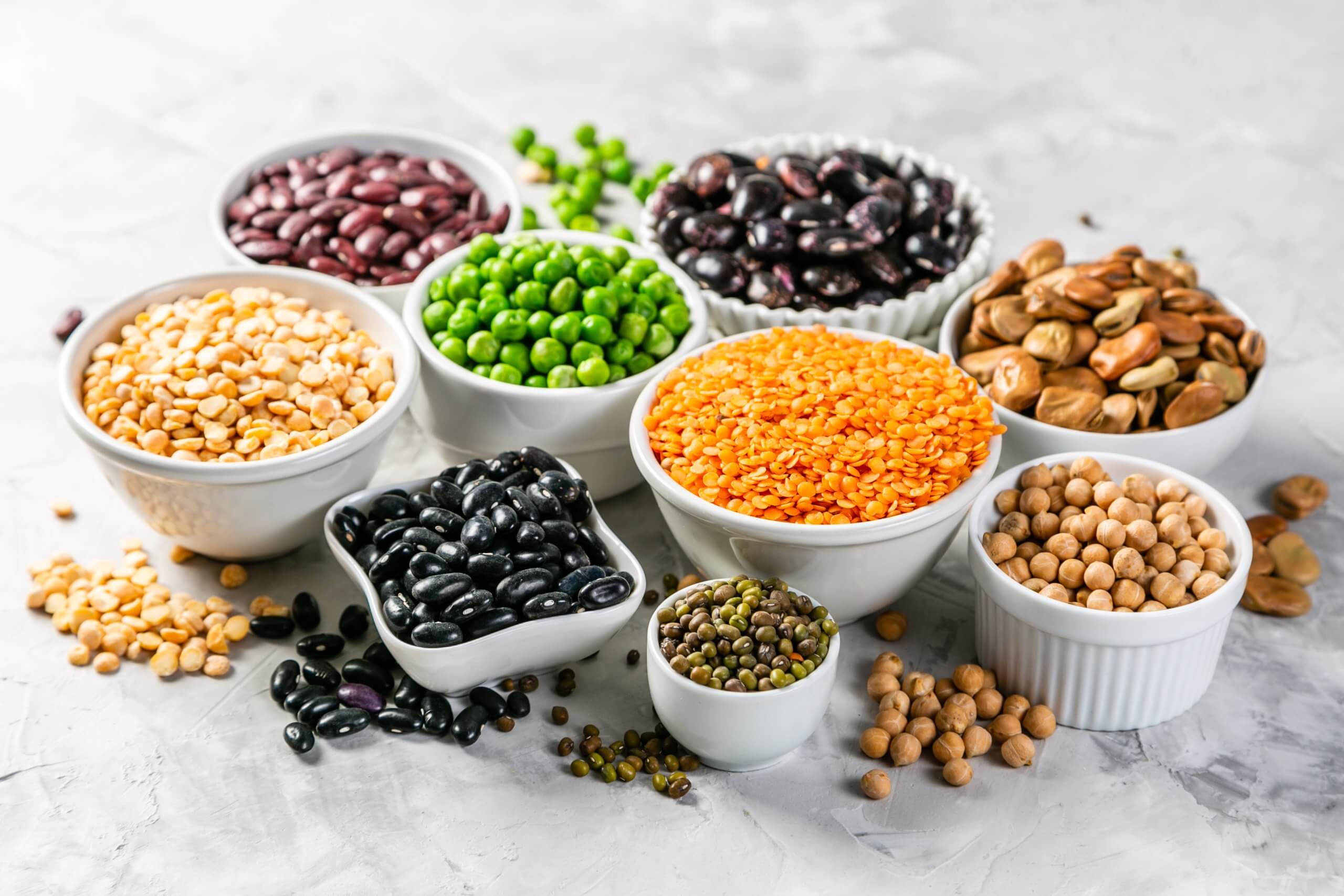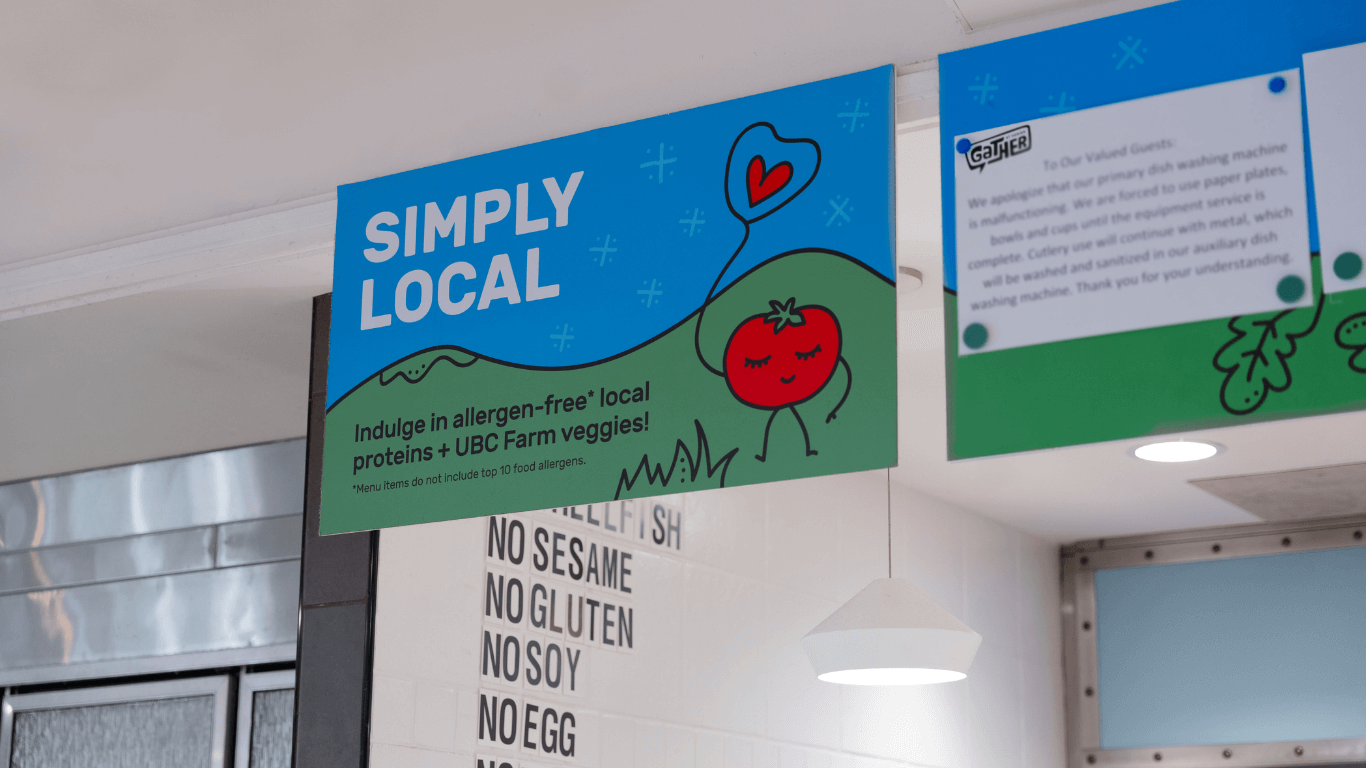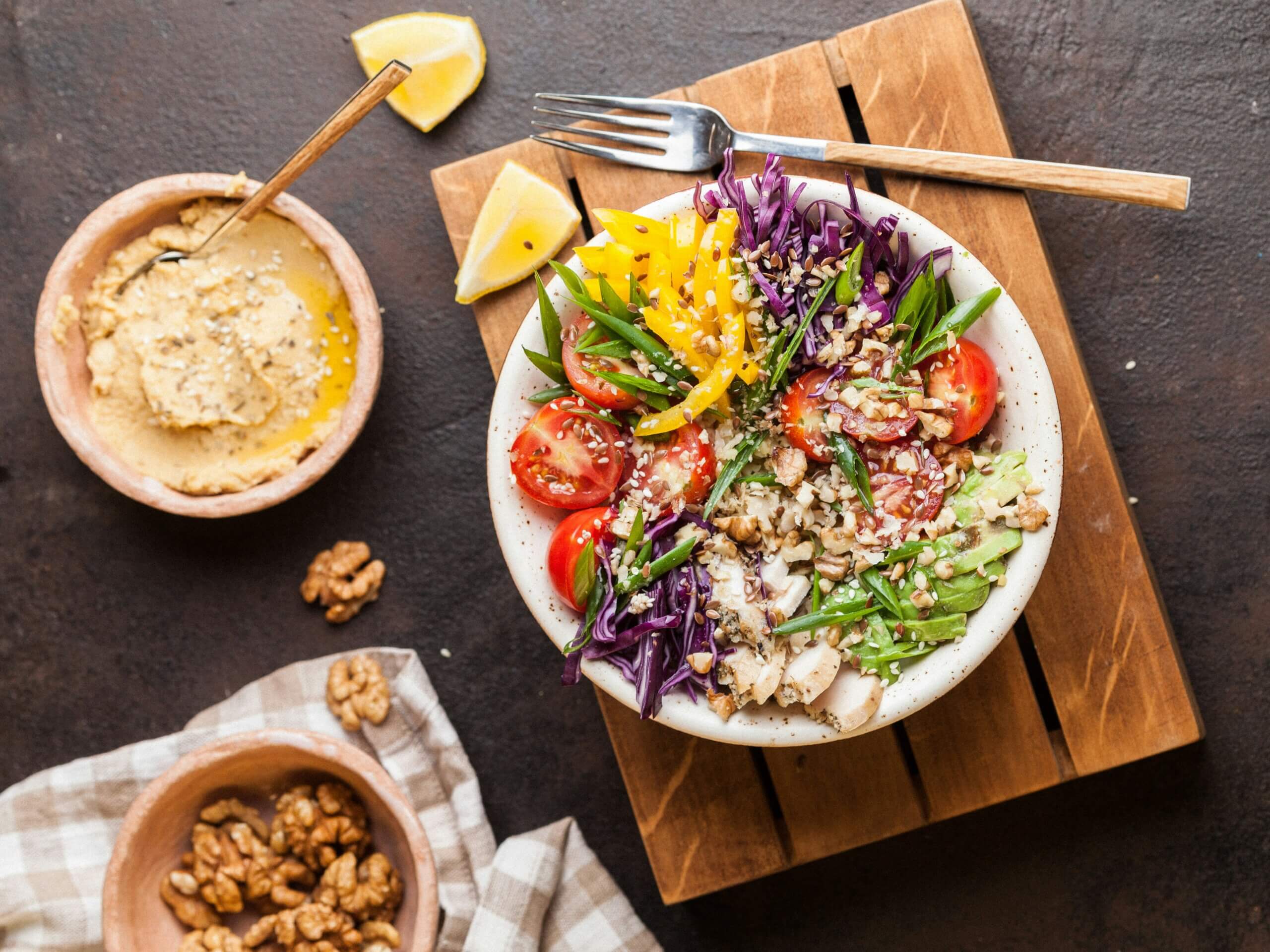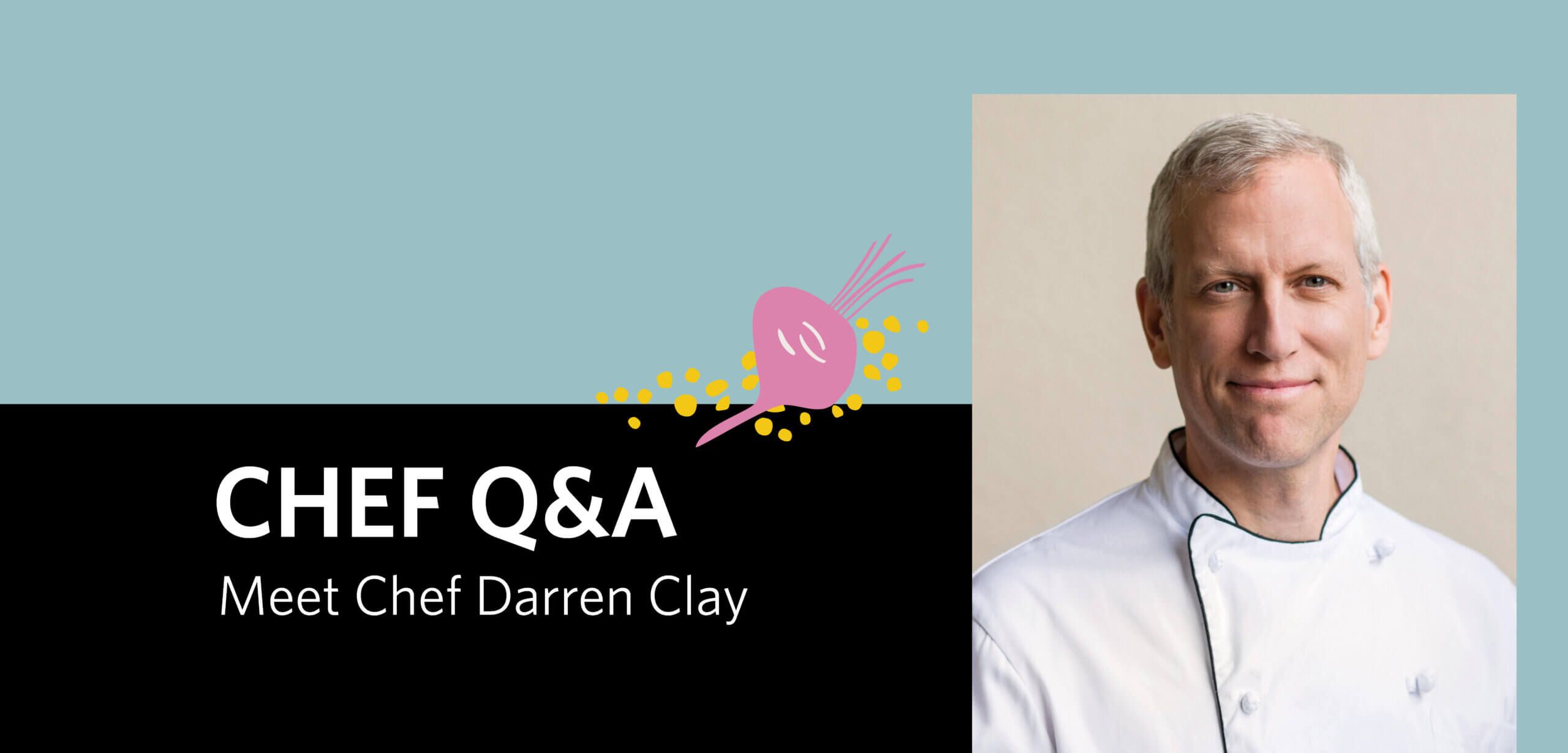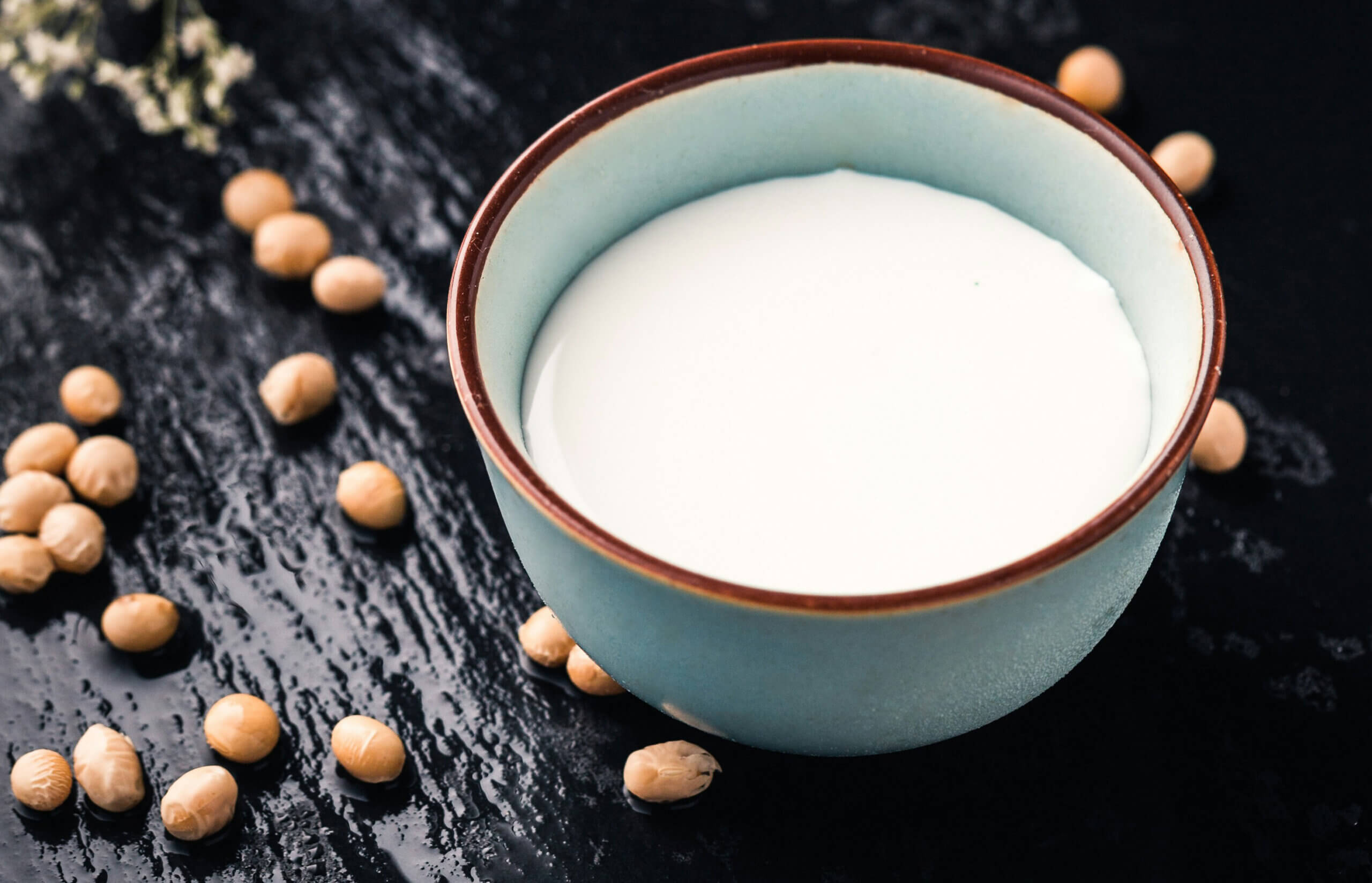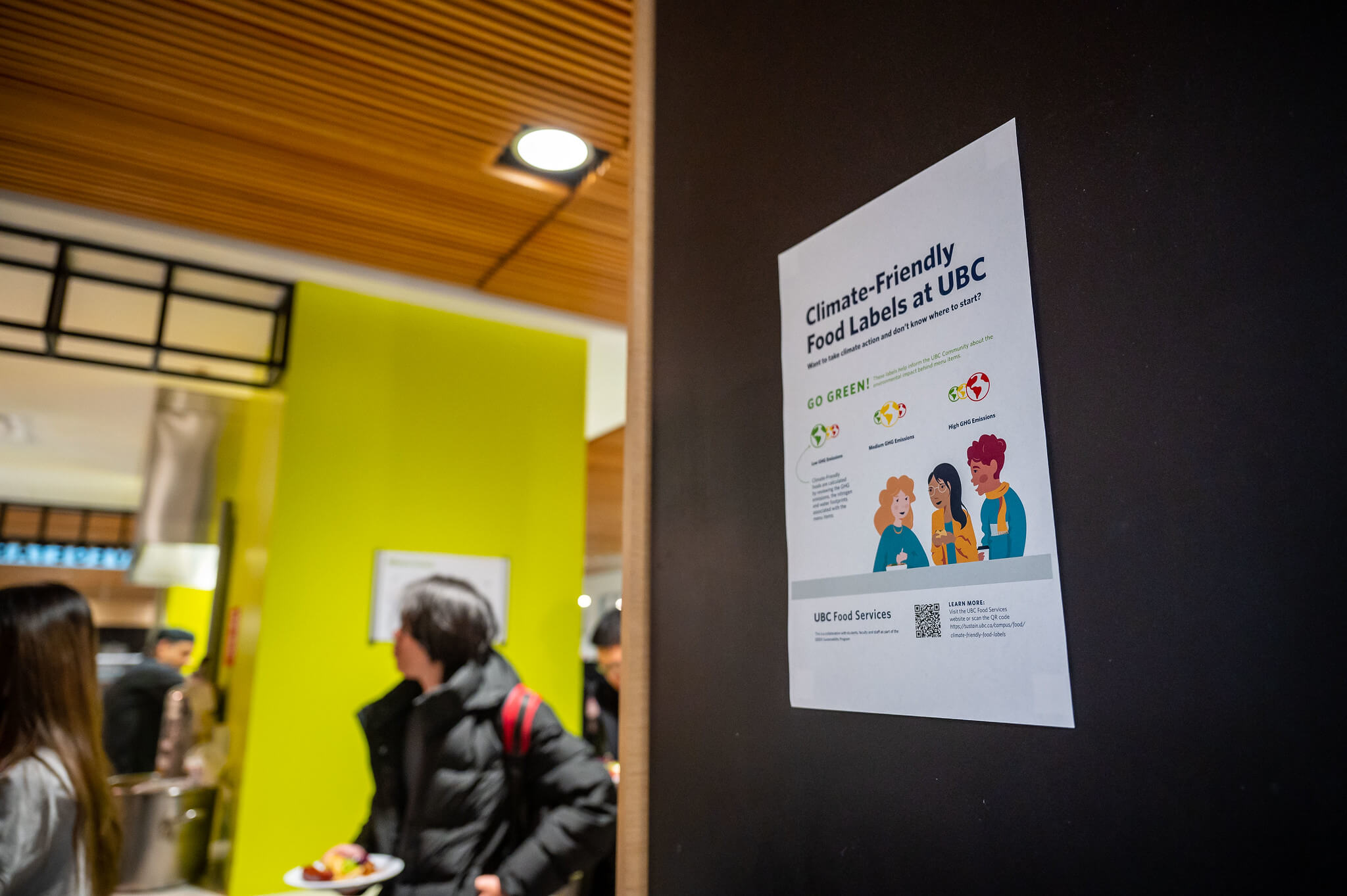Protein is an essential macronutrient that, along with carbohydrates and fats are essential to our health. With the rise of plant-based diets in the media, questions around plant based protein begin to arise. Why do we need it? Why is it important? How can I get enough?
Why is protein important?
It helps to keep us full and satiated which allows us to feel energized throughout the day. Proteins serve many different functions, and are present in every cell without exception. Beyond their functions in our muscles, they’re key in building our skin, hair, and nails. All enzymes are also proteins, as are certain hormones, and many important parts of cell membranes.
What are proteins made of?
Amino acids are the building blocks of protein. These molecules connect to one another in long chains before being twisted up into functional forms that we’re more familiar with (like muscle). Aside from non-essential amino acids that our bodies make, there are 9 essential amino acids that our bodies cannot produce. Thus, we must get them from protein in the food we eat. The quality of a protein is determined by the presence of these amino acids in the correct quantity to support human life.
While animal proteins contain protein, fat, vitamins and minerals, plant proteins also have these nutrients plus heart- and gut-loving fibre and additional micronutrients.
What are the different types?
You can find protein in a variety of plant-based foods, including legumes (beans, lentils, chickpeas, soy), nuts and seeds, whole grains and even some vegetables.
Here are some examples of plant-based foods and their estimations of protein content per 1 cup:
- Tempeh: 34 g
- Pot Barley: 23 g
- Firm tofu: 22 g
- Green lentils: 19 g
- Black beans: 16 g
- Pinto beans: 16 g
- Chickpeas: 15 g
- Quinoa: 9 g
- Soy milk: 8 g
- Green peas: 8 g
- Corn: 5 g
- Collard Greens: 4 g
- Asparagus: 4 g
- Brussel sprouts: 4 g
- Potatoes: 3 g
- Mushrooms: 3 g
- Sweet potatoes: 2 g
- Broccoli: 2 g
Are plant-based proteins "incomplete"?
Plant proteins in the past have been known as “incomplete”. This is because they are "limited" in one or more essential amino acids to meet our needs. Animal proteins have been known, however, as “complete” because they contain all the essential amino acids. There are a few exceptions to this rule including soy, quinoa, and buckwheat, which are "complete" sources of plant based protein. Foods like tofu, tempeh, and edamame contain all the amino acids we need.
For example, legumes such as beans and lentils are "limited" in a few amino acids. Grain products have those amino acids, but are lacking a few that the legumes have. Together these foods contain all the essential amino acids and will allow all dietary protein needs to be met. In the past, a general rule of thumb was to combine whole grains + legumes or nuts/seeds + legumes at each meal, as these groups are lacking opposite amino acids.
Nowadays, we are understanding that even if one is completely plant-based, rest assured that as long as they consume a variety of plant-based foods throughout the day, the body collects those amino acids and combine them as they see fits, allowing us to obtain an adequate amount of amino acids.
Although, you do not have to combine these different plant-based foods at each meal, pairing plant-based proteins along with whole grains, plus a half plate of veggies can allow you to have a more balanced meal to support your health and nutrition. Note you can also combine plant and animal based protein sources together too. Every little bit counts!
So, is it possible to get enough protein from plants?
Absolutely. Protein is promoted so heavily in the media, that people often overestimate how much they need each day. Unless you’re an athlete or bodybuilder, 0.8-1.2g of protein per kg of body weight per day is generally sufficient.
If you are curious to see how much protein you need personally, please speak to your registered dietitian. It’s not as much as it seems, and can be easily achieved by eating a balanced diet of protein foods, whole grains, and lots of fruits and vegetables. If you’re concerned about your protein intake–or your nutrition at all–please contact your registered dietitian.
